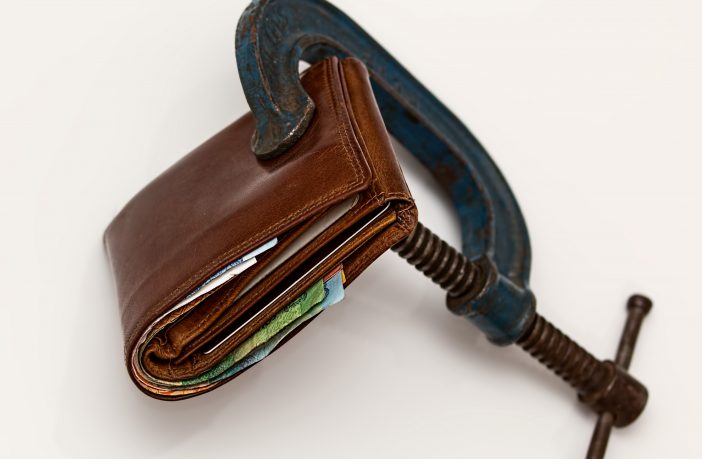- What is clear is that Eskom cannot solve financial and operational sustainability challenges that it faces alone.
- Eskom municipal debt rose by 80% in the past 18 months, reaching R17-billion by the end of September 2018.
- Eskom Soweto debt, including interest charges, also rose to R17-billion during the same period.
Rising municipal debt, coupled with Eskom’s poor financial and operational performance pose a systemic risk to the sustainability of the company, says Eskom’s Chief Financial Officer, Calib Cassim.
Speaking at the Nersa public hearings to deal with Eskom’s 3-year tariff application in Bloemfontein today, Mr Cassim said the ballooning municipal debt, together with the rising Soweto debt, are no longer just an Eskom problem alone – hence the involvement of the inter-ministerial task team that includes, amongst others, the departments of Co-operative Governance and Traditional Affairs, Energy, Public Enterprises, National Treasury, and energy regulator Nersa.
He said the Eskom Board has assessed the ability of the group to continue as a going concern, and considered a number of mitigating strategies and actions to address the risks identified.
“What is clear is that Eskom cannot solve financial and operational sustainability challenges that it faces alone. The turnaround of Eskom is a journey over time that is highly dependent on the active involvement of the shareholder, Nersa and other stakeholders including customers,” said Mr Cassim.
Thys Möller, General Manager responsible for customer services, said municipal debt rose by 80% in the past 18 months, reaching R17-billion by the end of September 2018. Soweto debt, including interest charges, also rose to R17-billion during the same period.
“Municipal debt continues to rise, and this has become unsustainable. Municipal debt is longer just an Eskom problem, it is a national problem. Eskom continues to participate in the inter-ministerial task team process with a view of finding lasting solutions together with other stakeholders,” said Mr Möller.
He said Eskom has to date installed more than 80 000 split prepayment meters in Soweto. He added that disconnections of defaulting customers would continue.
Mr Cassim said Eskom has made every effort to control its operating expenditure but it needed, in addition to the savings, more revenue through price increases and balance sheet support from the shareholder.
He added that the application of 15% over the three years still doesn’t fully cover Eskom’s debt commitments. “If we want to change and make Eskom’s balance sheet sustainable, in addition to Eskom containing its costs, we need to change its returns by prices going up and get it to what is allowed. The shortfall in tariff cannot be solved through cost reductions alone, and while others have pointed Eskom to the debt market, further indebtedness adds to the problem. In the period 2007/2008 to 2017/18 Eskom’s debt has gone up ten-fold compared to price increases that have gone up five-fold.”
Both the Department of Energy through the Electricity Pricing Policy and Government (Government support package) indicate that Eskom should have reached a higher tariff level of approximately over R1/kWhr by 2018. This would alleviate some of the significant challenges being faced by the company.
Author: Bryan Groenendaal
Source: Eskom Media Desk















